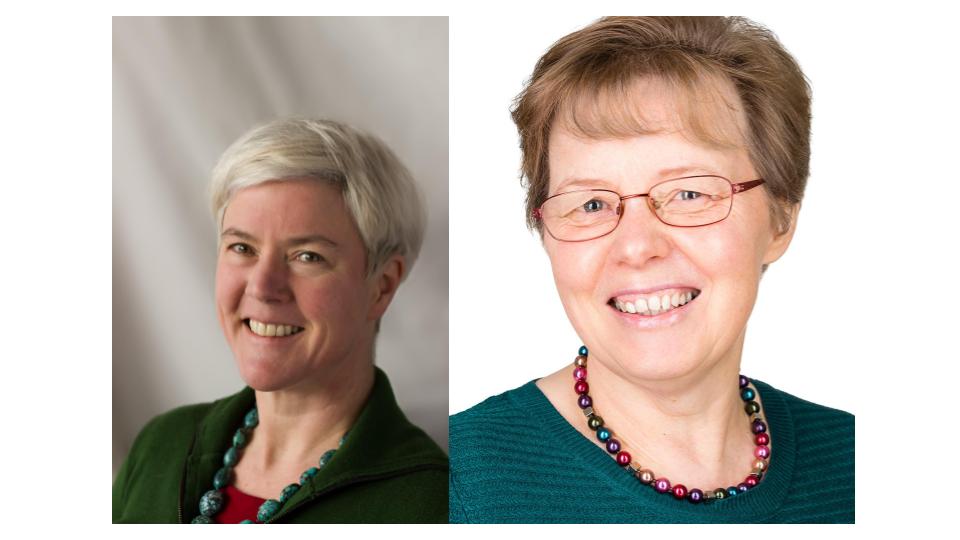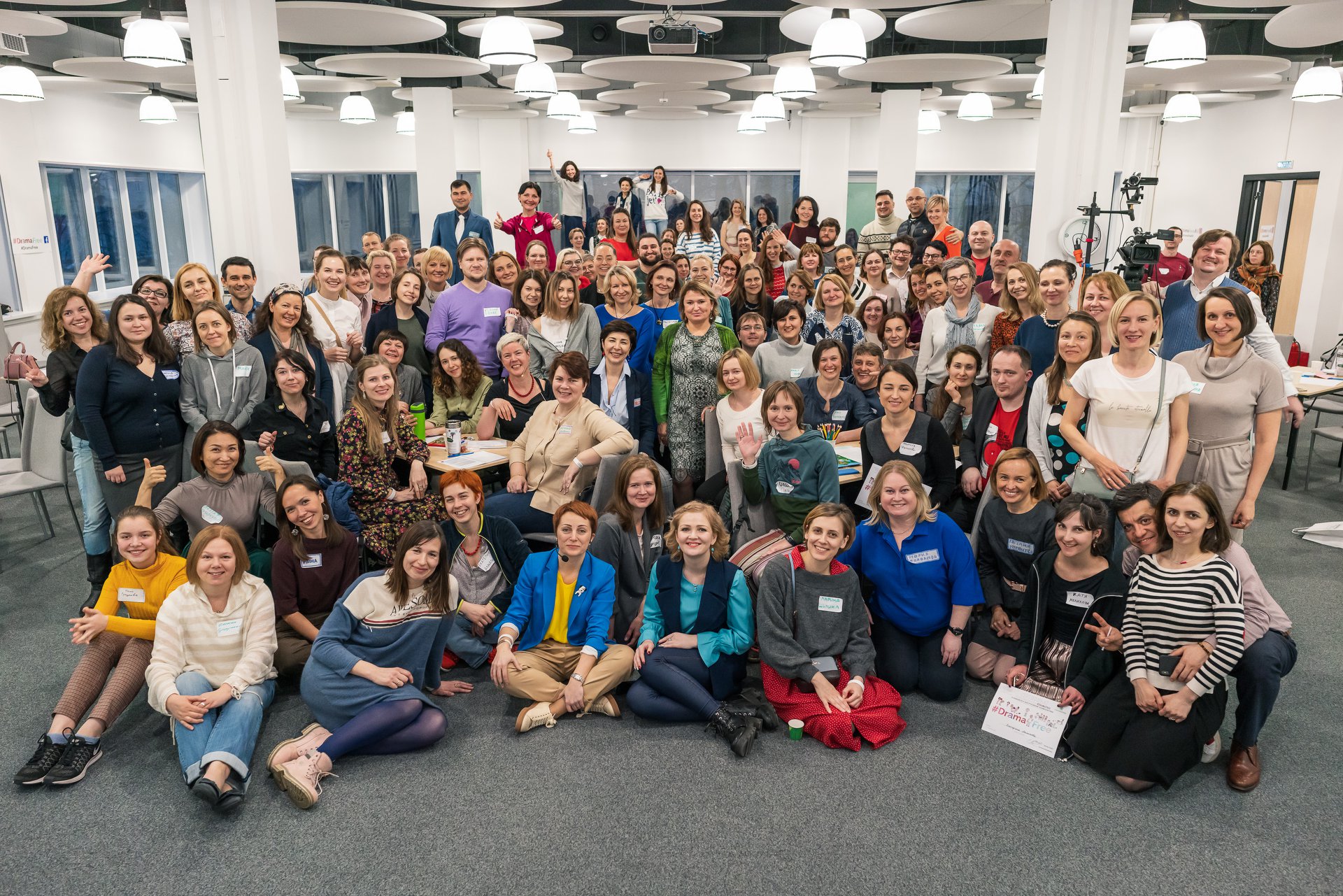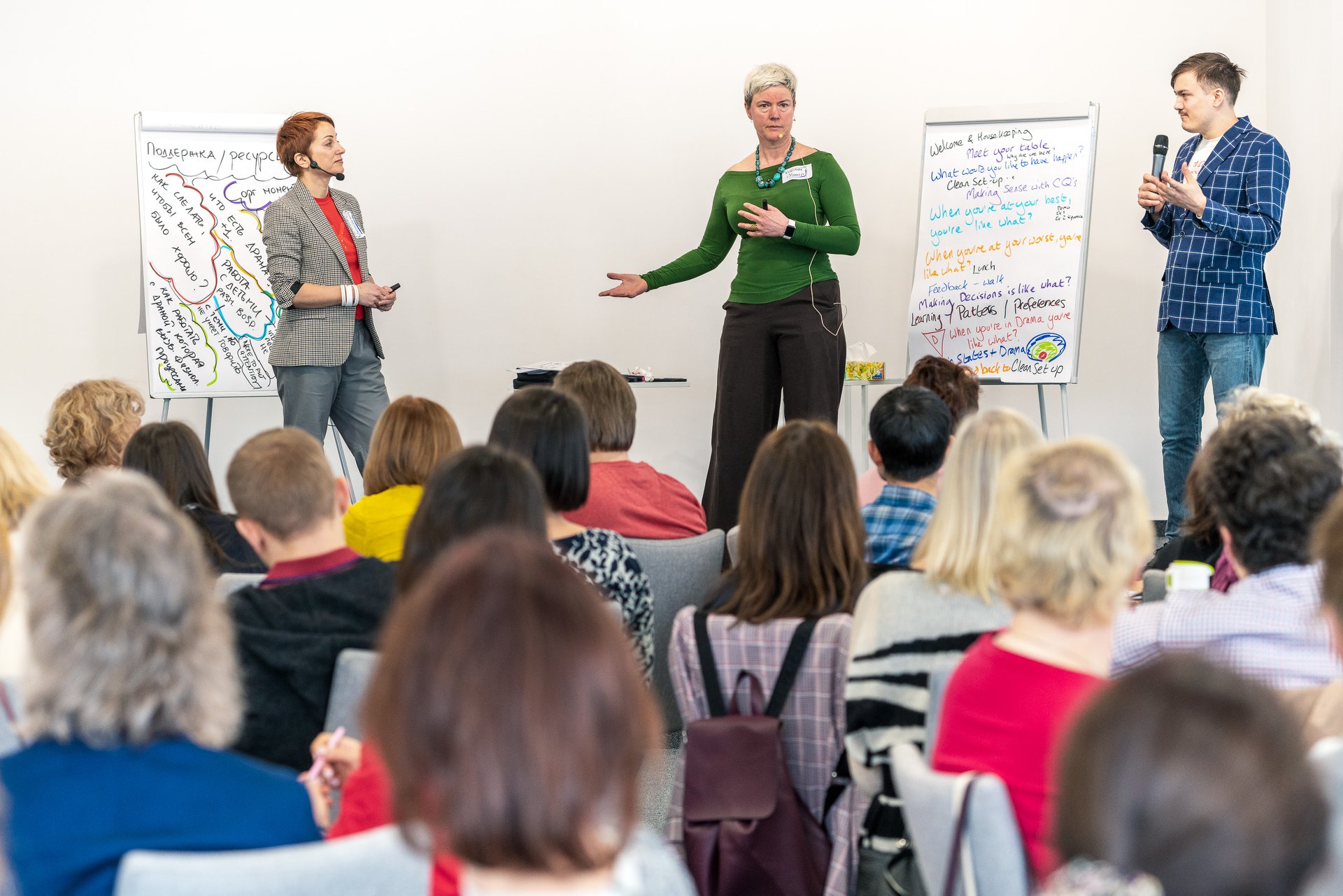Written by Ayesha Maria Faiz
Have you ever found yourself constantly unhappy and stressed? Or perhaps you were not given a means to explain yourself? Are you getting into arguments with others? Or consistently surrounded by unnecessary gossip? Have you been involved in conflict – no matter how big or small – among friends or even in the workplace? Many a time, drama happens due to a lack of self-awareness, a lack of curiosity and the assumptions one holds onto. Stephen Covey once said “Most people do not listen with the intent to understand; they listen with the intent to reply”. However, how does one listen with the intent to understand? I had the privilege of sitting down with Jacqueline Ann Surin, who told me how to do just that – and it’s not as hard as it seems.
Jacqueline Ann Surin, a Specialist Facilitator and Coach for Leadership Development, told me about #DramaFree Tools and as the name suggests, they are tools that help keep you drama free. Jacqueline describes them as two things: “a minimum set of simple tools” to reduce conflict and stress, as well as “a state of being”. These tools are a means by which people can move “from a state of conflict to a state of collaboration” or from a state of contempt to one of curiosity. These tools stem from a methodology called Clean Language and Systemic Modelling.

Clean Language, which is Jacqueline’s area of expertise, is a set of open-ended, content-free questions. These neutral questions provide people a way to listen better and suspend any assumptions, values or judgments they may have already held when posing the question to someone. Systemic Modelling is being able to have a systems-thinking approach rather than a band-aid approach, which many organisations tend to fall into. It is not only looking at “how each part of an organisation or each person in a group interacts with each other; you’re also looking at the different parts within your own system that interact with each other”.
A workshop will be held in Kuala Lumpur on July the 20th, where participants will be able to learn directly from the developer herself, Caitlin Walker along Marian Way and Jacqueline. The same workshop has already been run in Europe and America, and Russia, where it provided 500 people with these effective tools. In the workshop, you will be able to learn these #DramaFree Tools and how to implement them in your relationships, workplace and life in general. The workshop will introduce various tools, each comprising of a model with either an exercise or a set of questions, and different ways of thinking about drama. These tools help us “uncover hidden architecture” behind our behaviour, and allow us to understand how that might affect communication and responses.

During the workshop, Caitlin, Marian and Jacqueline will go through several exercises, one of which might be the values exercise. This exercise focuses on being conscious of exactly what values you deem important or necessary in an organisation. It brings up the fact that drama only occurs “because a value has been violated”, and as Jacqueline pointed out to me, sometimes a party is not even aware that they held a particular value that was so important to them, and that they were in drama because it had been violated. And if that person was not aware, how could the other person even know what value they had violated?
But how exactly does one know if the tools are working? She told me that participants will be given a manual designed as a workbook in the upcoming workshop. It essentially acts as a personal learning journal and allows you to carry out self-reflection, which will enable you to track your progress. Another way is to take notice of the differences in people’s behaviour. Jacqueline points out that the evidence will lie in figuring out “what one is doing differently and what difference does it make”.

It is important to know that while the upcoming workshop in KL is called ‘#DramaFree Tools for Managers’, it is not exclusively for managers. “We are using the word ‘manager’ as anyone who manages relationships”, says Jacqueline. Essentially, this means anyone is a manager. If you are one half of a business partner who has to manage your other half as well as your business, a home manager who has to manage schedules, your children, and spouse, or a teacher who has to manage several classrooms of students – you are a manager. Of course, the focus at the workshop will be on companies and businesses, but these #DramaFree Tools can be applied in any sort of relationship.
If you attend the workshop, Jacqueline says it is best to come with two other colleagues. That way, you will be able to learn how to “work together in a way that is calm and collaborative and trusting”. She also indicates that in order to bring a culture change in the workplace, there must be “enough people, as well as enough people in leadership” positions who are using and implementing these tools. This will allow co-creations of environments where people are working at their utmost best.
Claire Edmunds, founder and CEO of award-winning company Clarify, had her company undergo the #DramaFree Tools workshop and had this to say:
“We’re much clearer about what we want to see and hear in our business. It’s helped people understand what our values are, how we operate. All the things that really make a business come to life, it’s given us a model that allows us to do that.”
Manager or not, Jacqueline encourages you to come along to the ‘#DramaFree Tools for Managers’ workshop. In learning these tools, we acquire the behaviour Covey found a rarity: listening “with the intent to understand”.
Thinking of attending the workshop? Find out more on it here: https://www.eventbrite.com/e/dramafree-tools-for-managers-tickets-61691623306
Photos from workshop in Russia credited to Svetlana Shapovaliants

